Travel Risk: LOW
Country Overview
- Third largest economy in the world
- Four main islands: Honshu (largest of all), Hokkaido, Shikoku, and Kyushu
- Currency: Japanese Yen (¥)
- Language: Japanese
- Maritime neighbours: Russia (north); North Korea and South Korea (west), and China (west and southwest)
Indices
- World Economic Forum’s Travel and Tourism Development Index: Rank 1
- Transparency International’s Corruption Perceptions Index: Rank 18
- World Bank’s Ease of doing Business: Rank 29
- Environmental Performance Index: Rank 25
- Press Freedom Index: Rank 71
- World Happiness Index: Rank 54
- Global Peace Index: Rank 10
- Safety Perceptions Index: Rank 48
- Global Terrorism Index: Rank 71
- Women Peace and Security Index: Rank 35
- Ecological Threat Report: Rank 112
- Positive Peace Index: Rank 12
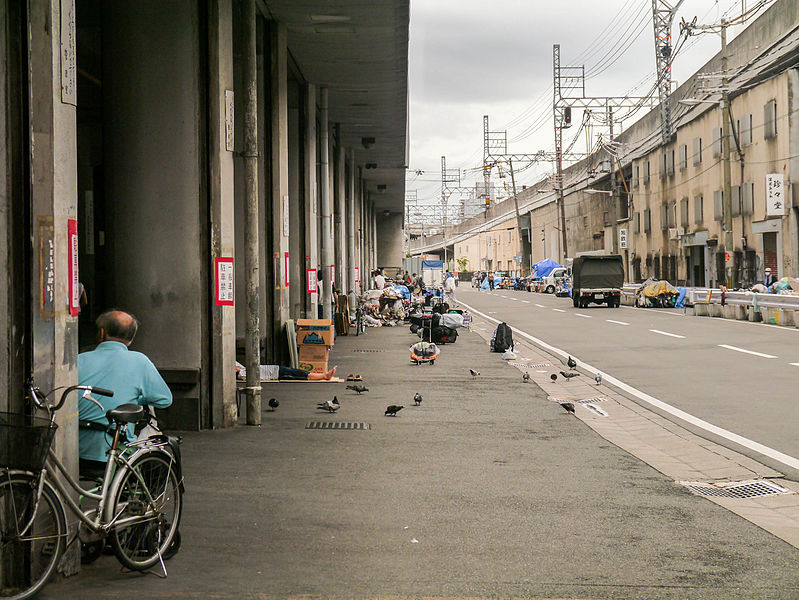
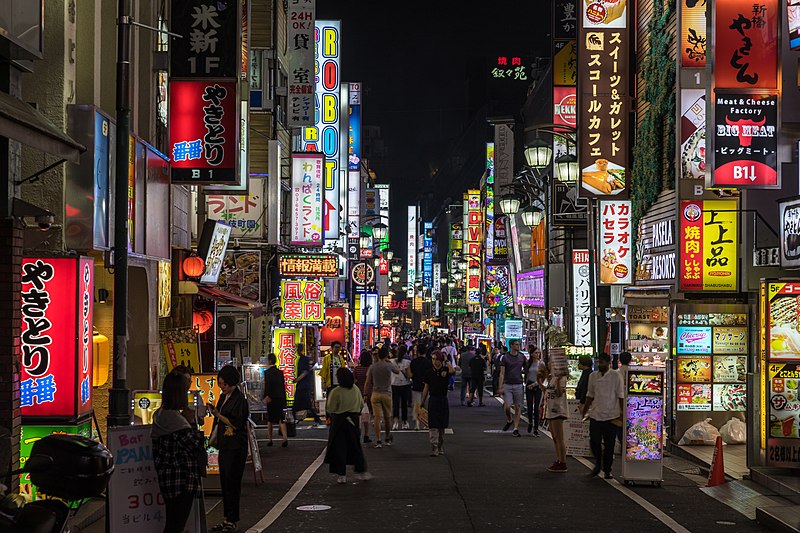
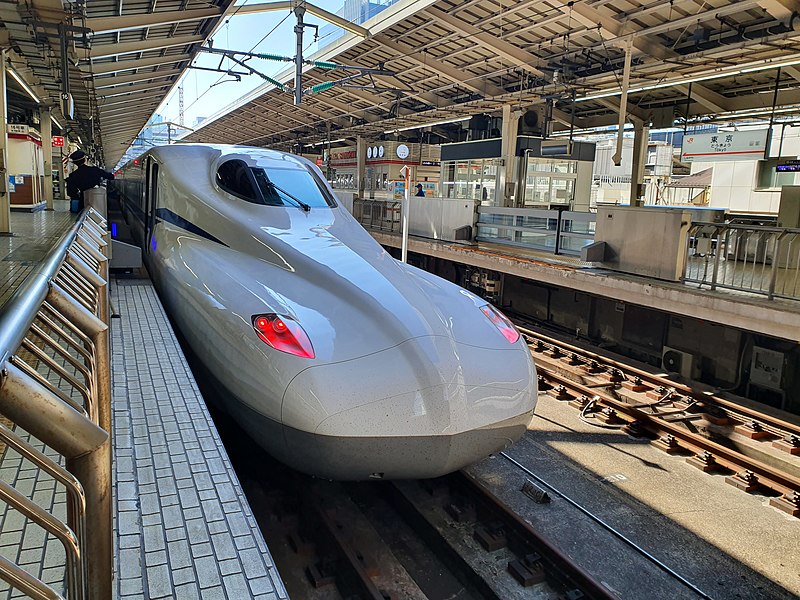
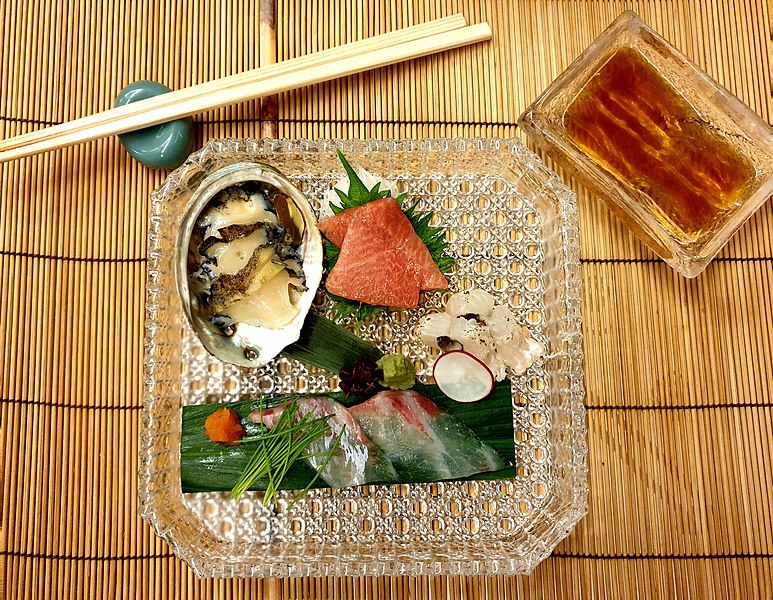
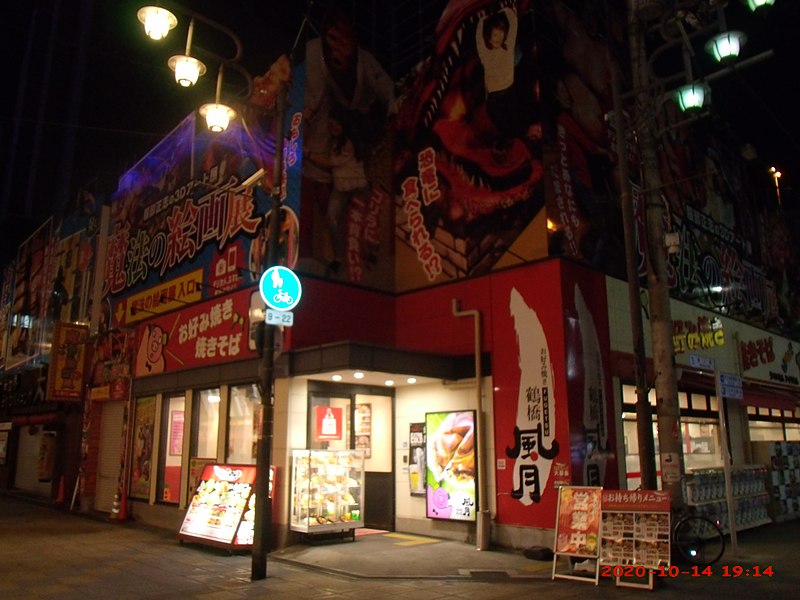
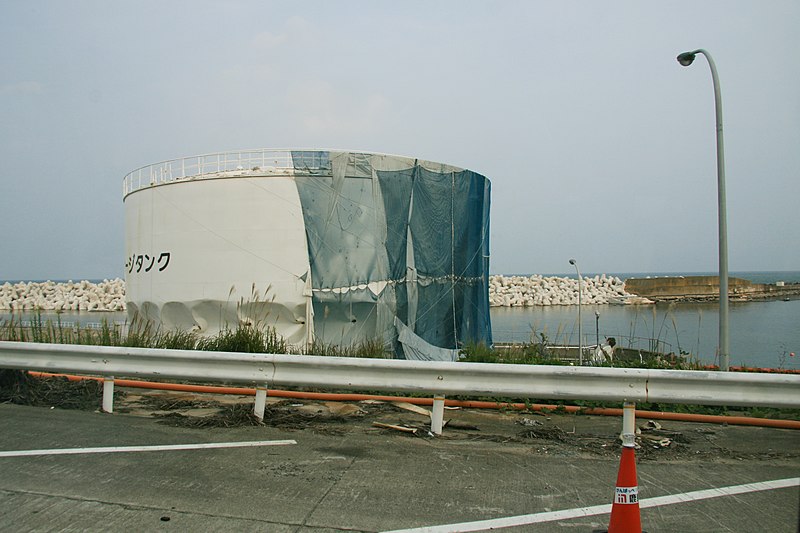
Topography
- About 70% land area consists of mountains and dense forests.
- Pacific Ring of Fire: Prone to natural disasters such as volcanic eruptions, earthquakes, tsunamis, and typhoons (June – September) on an ongoing basis.
Climate
- Best time to visit: Spring (March-May) and autumn (late September – early December)
- Summer season (June – September): Very hot and humid temperatures are experienced after the monsoon ends(May-June).
- Winter season (December – February): Few areas experience extremely low temperatures with frequent avalanches and heavy snowstorms.
Crime
- Low crime rate: Occasional incidents of bag snatching at popular tourist attractions.
- Crimes such as overcharging, credit/ATM card fraud, drink spiking, and assault are experienced at bars and nightclubs.
- Recommended:
- Avoid street touts that try to get you into venues or situations that leave your drink unattended.
- Refrain from carrying credit cards or lots of cash to entertainment venues.
- Use ATMs located in well-lit public areas.
Transport
- Trains and flights: Quick and convenient choice.
- Signs are usually in Japanese but the use of the English language is becoming common in bigger cities and tourist destinations.
- Female travellers are urged to exercise caution as groping incidents have been reported on subways.
- Taxis are generally reported to be safe.
- Self-driving in Japan can be challenging and expensive: Traffic congestion in cities, no legal roadside or curbside parking, and higher highway toll charges.
- 2019: 3,920 road deaths in Japan equating to 3.1 road deaths per 100,000 of population.
Emergency Services
- Dial 110 for the police and 119 for the fire or ambulance services.
- Calls will not be charged, including from pay phones.
- Female travellers can use the Digi Police smartphone app to report groping incidents on a real-time basis.
Domestic conditions
Entry requirements:
- 90-day visa issued for non-remunerative purposes such as tourism, business, visiting friends or relatives, etc.
- A list of visa-free countries in Japan can be obtained here.
- LGBTI travellers are allowed entry as well.
- Foreign nationals are mandated to provide detailed information when checking into their rental accommodation.
Social spectrum:
- Major religions: Shintoism and Buddhism are two main
- Strict Laws: Cyber bullying, smoking in non-designated spaces, drunk driving, harbouring drugs (including recreational drugs), and those abetting the crime.
- Social taboos: Tattoo(s) are banned from public spaces such as swimming pools, hot springs, beaches, and a few gyms while some venues may ask the traveller to cover up their tattoo(s).
- Political culture: Democratic country with fewer and infrequent instances of civil disturbances and violent demonstrations.
- Recommended:
- Be scantily familiar with the local culture for instance, loud and boisterous behaviour is not considered a part of Japanese culture.
Modes of payment:
- Predominantly a cash economy.
- Credit cards issued by American Express, JCB, Mastercard, Visa, Discover, and Diners Club are generally accepted for payment.
- Suica cards or Pasmo cards are alternatives to carrying cash.
- Tipping culture is not practised in bars, cafes, restaurants, taxis, and hotels.
Healthcare:
- Excellent healthcare facilities: English-speaking staff in major cities. A list of hospitals with English and other foreign language-speaking staff can be obtained here.
- Insurance policy or means of payment may be confirmed before admission of a patient.
- Many cases related to measles and rubella have been reported in addition to Japanese encephalitis that occurs in the country’s rural regions.
Electricity and telecommunication:
- 100 volts, A.C used uniformly across Japan: 50 Hertz frequency (eastern Japan) and 60 Hertz frequency (western Japan, including Nagoya, Kyoto, and Osaka).
- A step-down transformer is required to convert the voltage when using foreign electronic appliances
- Dual-voltage hair dryers, travel irons, and shavers are exempt.
- WiFi spaces are available at airports, hotels, and other public spaces.
- Wifi-rentals or SIM cards are also available. Click here to know more.
Areas to avoid/Exercise caution
Fukushima Dai-ichi nuclear power plant:
- Some areas near the plant remain off-limits due to radiation concerns after the 2011 earthquake.
- Visitors are not permitted to stay overnight.
Kamagasaki, Osaka:
- Japan’s largest slum, infamous for organised crime.
- Large number of riots have occurred in the region.
- Recommended:
- Do not be lured by the cheap prices of accommodation.
Shinsekai, Osaka:
- Neglected neighbourhood
- Most residents tend to stay away from the region due to low-levels of organised crime.
- Travellers are advised to do the same.
Kabukicho and Roppongi in Tokyo:
- Well-known for scamming travellers.
- Recommended:
- Avoid nightlife areas due to risks of drink spiking, fraud, and luring of tourists by street touts.
Ueno, Tokyo:
- Tokyo’s best tourist attractions are found here.
- Recommended:
- Avoid this place at night as many of Tokyo’s homeless populations sleep in and around the park areas.
Final Assessment
- Tourism industry:
- Well-regulated, has the best practices and safety standards.
- Well-maintained public infrastructure, picturesque locations
- Tourism-friendly policies and a low-crime environment
- Medical assistance:
- Response time in rural areas is comparatively lower to urban areas. May lack English-speaking staff.
- Advised to purchase an insurance policy that covers your medical costs.
- Security risk:
- Regional tensions with North Korea over its nuclear missile program and territorial disputes with China and Russia.
- No imminent risk of war: Cordial relations enables a Japanese passport holder to travel to 192 countries absolutely visa-free!
- Prone to natural disasters:
- Travel risk ranges between MODERATE to HIGH.
- Excellent disaster preparedness, maintains large-scale efforts to minimise casualties.
- Many countries advise citizens to exercise caution and seek emergency assistance during periods of natural disasters
- The overall travel risk to Japan is LOW.
- Follow these safety precautions, download the recommended app, and monitor this website to stay abreast on any natural disasters.



